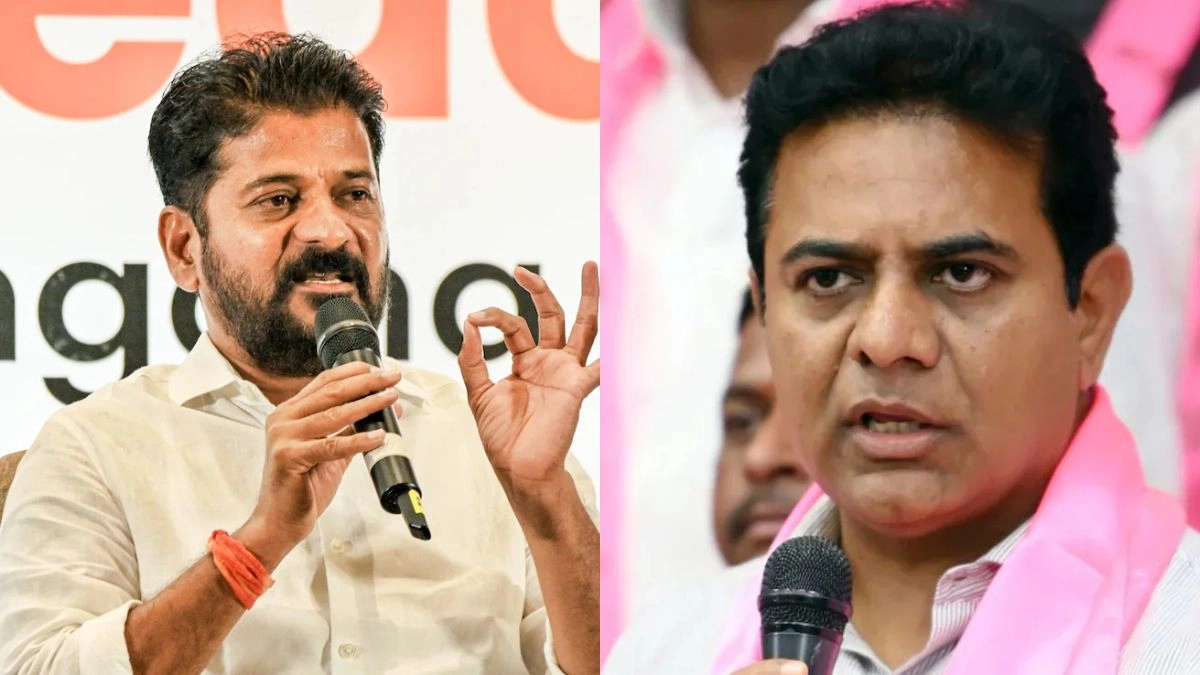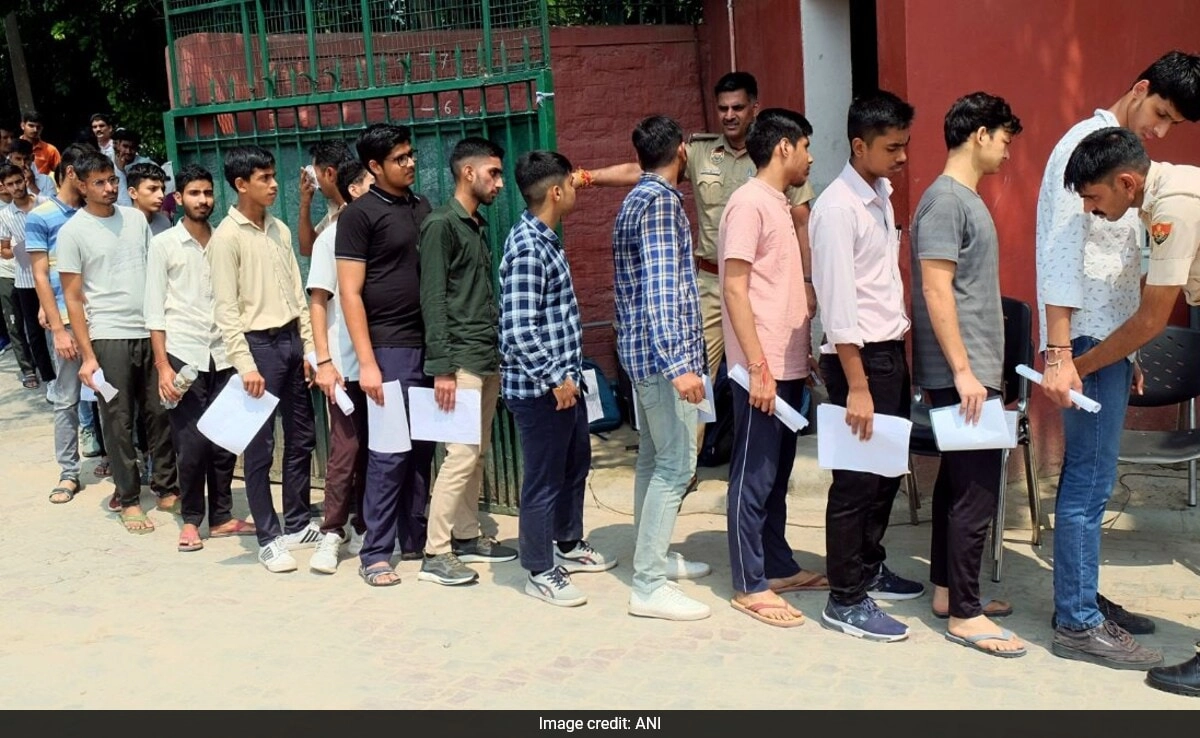In a recent political discourse, K.T. Rama Rao (KTR), a prominent leader of the Telangana Rashtra Samithi (TRS), expressed his discontent with the Congress party, particularly targeting Revanth Reddy, the president of the Telangana Pradesh Congress Committee (TPCC). KTR accused the Congress of exploiting Telangana’s resources for its own benefit, suggesting that the state has essentially become an “ATM” for the party. This metaphor underscores the sentiment that the Congress is extracting financial and political capital from Telangana without contributing to its development or welfare.
KTR’s remarks reflect a broader frustration among regional parties regarding the perceived neglect and exploitation by national parties. He emphasized that the Congress has failed to deliver on promises made to the people of Telangana, thereby diminishing their trust and confidence in the party. By framing the Congress as an entity that merely seeks to withdraw from the state without offering anything in return, KTR aims to rally support for the TRS and reinforce its position as a champion of Telangana’s interests.
Moreover, KTR’s comments serve as a strategic move to galvanize public sentiment against the Congress ahead of upcoming elections. By portraying the Congress as an opportunistic party that prioritizes its own agenda over the welfare of Telangana’s citizens, he seeks to consolidate voter loyalty to the TRS. This rhetoric resonates with many residents who have experienced the challenges of political maneuvering in the region and are eager for leadership that genuinely prioritizes local development.
In conclusion, KTR’s critique of Revanth Reddy and the Congress party encapsulates a significant political narrative in Telangana. It highlights the ongoing struggle between regional aspirations and national party politics, illustrating the complexities of governance in a state that has fought hard for its identity and resources. As the political landscape continues to evolve, the implications of such statements will likely influence voter perceptions and the future trajectory of Telangana’s political scene.




